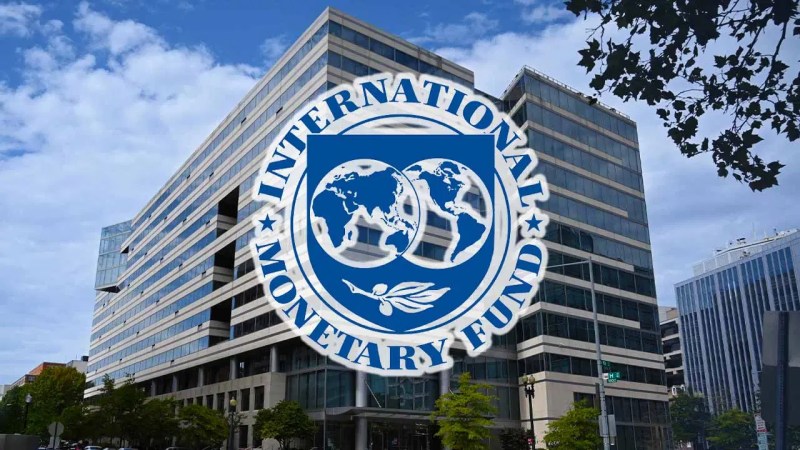AfCFTA: Nigeria Targets Export of Locally Produced Goods to African Nations

Nigeria is poised to commence the official export of locally produced commodities to South Africa, Rwanda, Cameroon, and Kenya starting next month. This initiative falls under the Guided Trade Initiative of the African Continental Free Trade Area (AfCFTA), as announced by the National Centre of AfCFTA on Thursday.Thank you for reading this post, don’t forget to subscribe!
While informal exports to these countries already exist, the formalized process under the AfCFTA treaty is scheduled to begin in April. The AfCFTA is a free trade agreement involving 54 out of 55 African Union nations, making it the largest free trade area globally in terms of participating countries.
The Executive Secretary of the National Action Committee on AfCFTA, Olusegun Awolowo, explained that although trading under the main AfCFTA is yet to commence, the Guided Trade Initiative has been introduced to kickstart trade between countries outside their regional blocks. The aim is to ensure that corporate and environmental practices align with the best standards within host communities.
Awolowo stated, “We’ve signed onto it, and I think that by the end of April, we are taking a few companies, big, medium, and small enterprises to actually launch trading in Africa.” The initial focus will be on South Africa, Kenya, Cameroon, and Rwanda under the Guided Trade Initiative.
Established in 2018, the AfCFTA became effective in 2019 with the goal of boosting intra-African trade, fostering economic development, and creating a more competitive African market. The move to formalize exports is expected to enhance trade and investment opportunities, create jobs, and improve living standards.
However, challenges such as the implementation of trade facilitation measures, addressing infrastructure gaps, and building productive capacity remain. The success of the AfCFTA will depend on overcoming these challenges and ensuring effective participation from all member states.
In a related development, the adoption of the AfCFTA Digital Trade Protocol was marked as a significant milestone. The protocol aims to leverage digital technologies to enhance intra-African trade, foster innovation, and drive sustainable economic growth. Stakeholders emphasize the importance of equipping stakeholders, especially the youth, with knowledge and resources to seize opportunities in the digital economy







